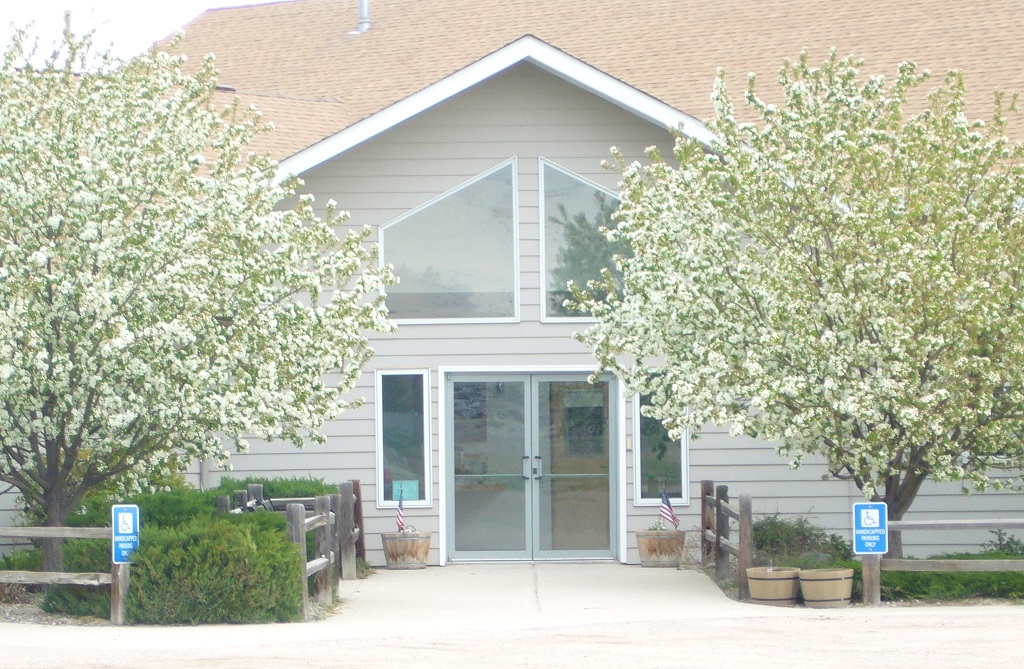**Previously recorded by Phyllis Schlafly // 6-25-2009 **
A Baptist pastor in Montana assisted in a petition drive for a ballot initiative for traditional marriage in 2004. Pastor Stumberg placed in his church foyer about 20 copies of the petition. His church is aligned with the Southern Baptist Convention, which defends traditional marriage. The church also made about 50 copies of the petition on its copy machine. The Pastor scheduled a special airing of a pro-traditional marriage movie entitled “Battle for Marriage” one Sunday evening in connection with the service. The Church opened attendance to the public, without charge, and used free public service announcements to promote it. The Church photocopied and circulated flyers publicizing the event, encouraging church members to “let people see it.” Attendance was strong at the event. The Church submitted 98 valid signatures for the initiative, of which 92 were Church members.
The ballot initiative passed with 66% of the vote in the general election.
The secularists complained to the state about the Church’s activities, arguing that its activities had created a “political committee” within the meaning of Montana’s campaign finance laws, and thereby violated the law. Registration obligations require setting up a special political committee registered with the state, and equipped with a campaign treasurer, a depository, a new name, and a list of the committee’s contributors.
So, a lawsuit followed. The federal court held completely against the church, and it appealed. Surprisingly, the Ninth Circuit unanimously held that the Church acted within its rights of free speech, and does not have to comply with the disclosure regulations. The Court found it unconstitutional to regulate this relatively small amount of campaign-related activity.






